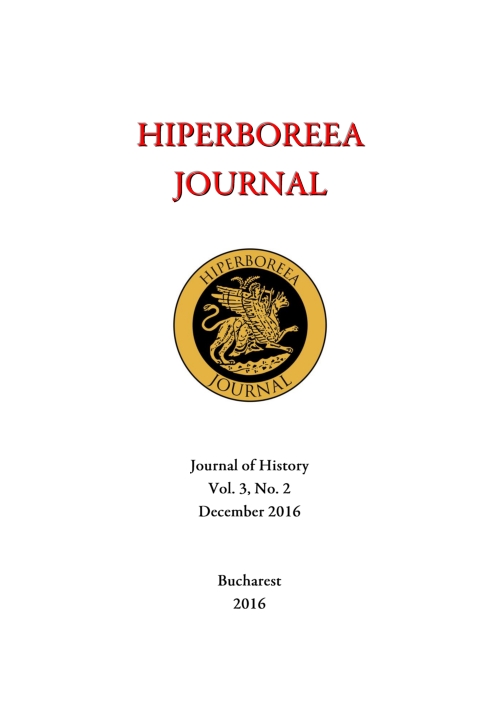A Non-Referential and Non-Cognitive Theory of Truth, in Vijñānavāda Buddhism
A Non-Referential and Non-Cognitive Theory of Truth, in Vijñānavāda Buddhism
Author(s): Ovidiu Cristian NeduSubject(s): Theology and Religion
Published by: Asociația de Istorie Balcanică
Summary/Abstract: Vijñānavāda Buddhism claims all kind of experience, including knowledge, is “mere ideation” (vijñaptimātra), being devoid of any objective counter-part, of any objective value. The experience of knowledge is determined solely by the individual predispositions of the knowing subject (his “imprints of the linguistic constructions – abhilāpavāsanā) and not by an alleged “external reality”. Nevertheless, the school is able to claim the existence of a “truth”, even in the absence of an objective reality that could account for this “truth”. The truth of Vijñānavāda philosophy does not mean, in an Aristotelian or realistic manner, the concordance between subjective representation and objective reality but a mere consonance of the various subjective knowledge experiences. What determines such a truth are the so-called “shared” (sādhārana) seeds (bīja) of experience, which inflict a certain degree of similarity to the experiences of various individual subjects. Hence, the truth has no cognitive value, being rather a state of Karmic tuning, i.e. the consonance of the experiences engendered by the “shared” part of the Karmic imprints of each individual being.
Journal: Hiperboreea
- Issue Year: 2/2015
- Issue No: 2
- Page Range: 52-73
- Page Count: 22
- Language: English
- Content File-PDF

